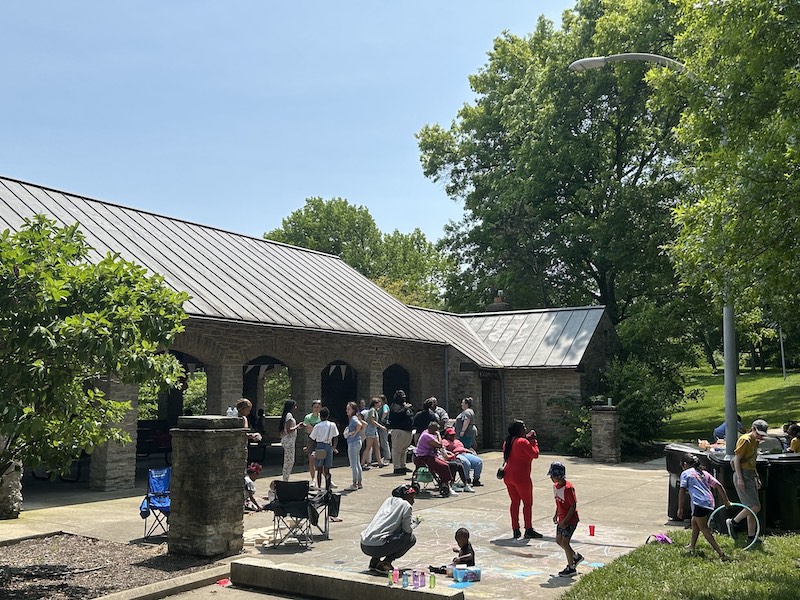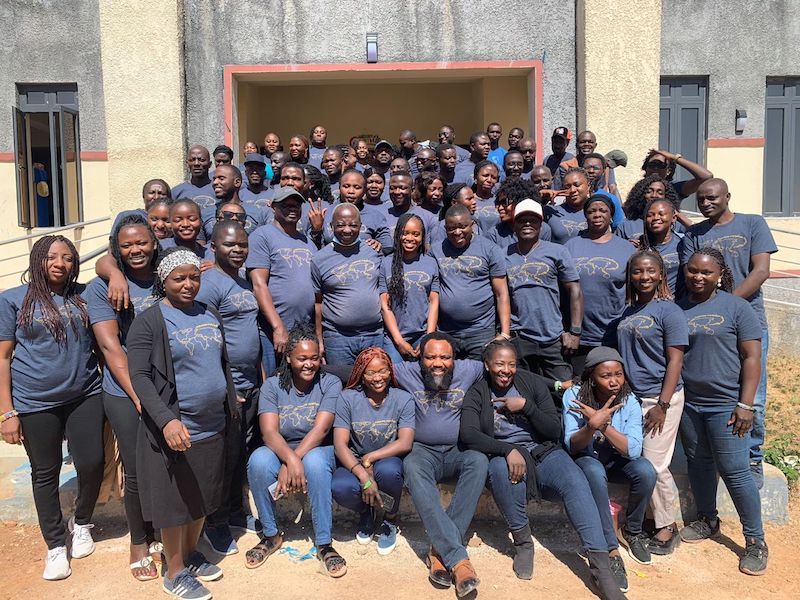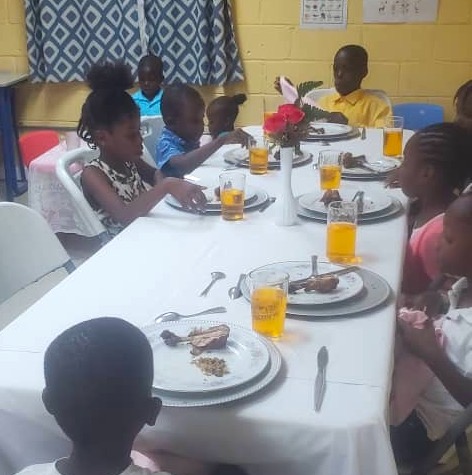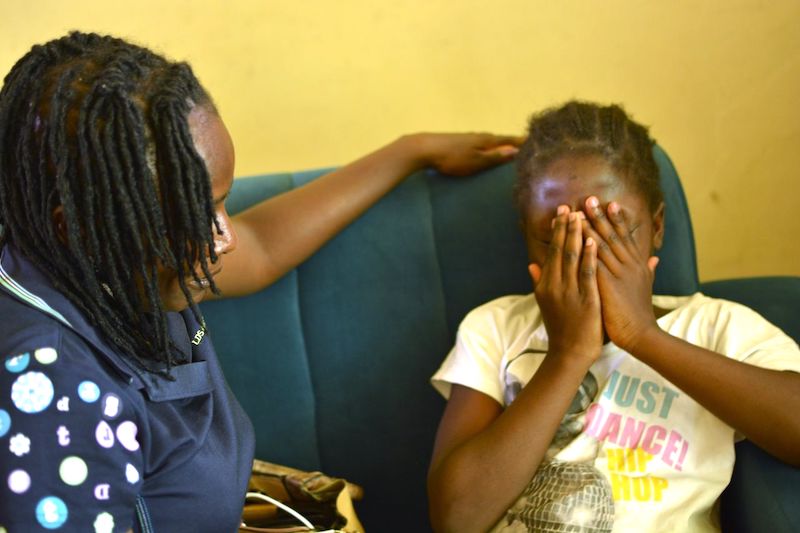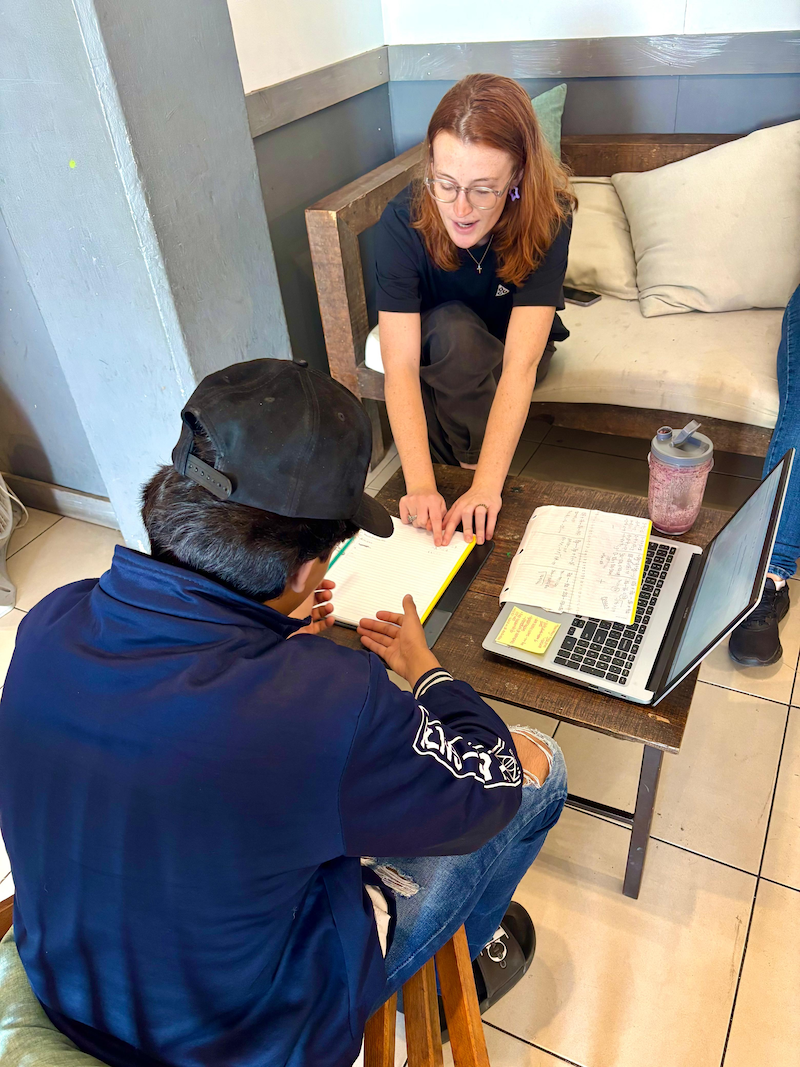Resources
Learn and be inspired by stories of reckless faith from around the world. These stories and strategies encourage us to never give up until every child is known and loved.
Location
Program
Real Change Doesn't Happen Overnight.
"*" indicates required fields

